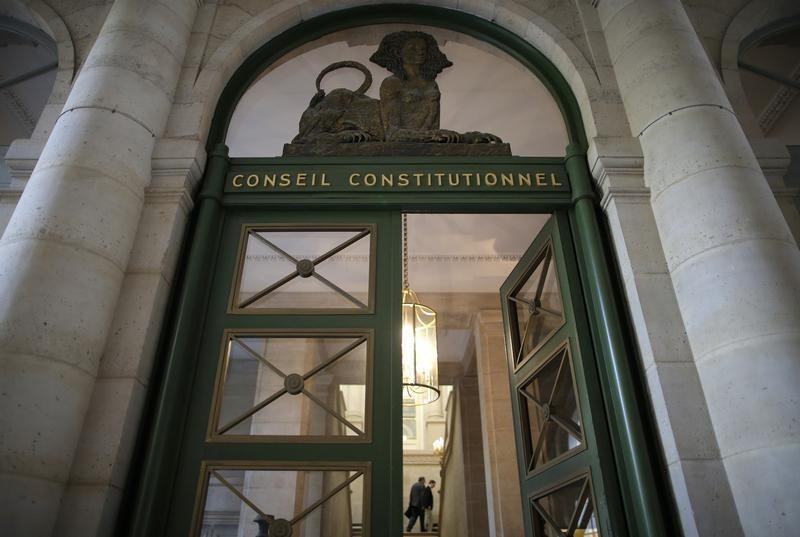By Rebecca Howard and Rod Nickel
WELLINGTON/WINNIPEG, Sept 30 (Reuters) - New Zealand is closely watching changes in how Canada prices dairy products, New Zealand's trade ministry said on Friday, as industry groups in several countries complain of unfair Canadian competition.
Canada's dairy farmers and processors, which include Saputo Inc SAP.TO and Parmalat Canada PLTPRC.UL , struck a pricing agreement in July that industry groups in New Zealand, Australia, the European Union, Mexico and the United States say would price domestic milk ingredients for cheese-making below cost, under-cutting their exports.
New Zealand is the second-largest cheese exporter after the European Union.
Industry groups from numerous countries sent a joint letter on Sept. 12 to their trade officials, urging them to complain to the World Trade Organization.
New Zealand's Ministry of Foreign Affairs and Trade said it has raised concerns with Canada, and Wellington will pursue all options to address policies that harm its exporters.
"We are paying this issue close attention and taking the concerns seriously," New Zealand Trade Minister Todd McClay said last week.
The United States and Australia also raised concerns at meetings of the WTO Committee on Agriculture in Geneva this summer.
Canadian officials told the committee in August that the new pricing system would not significantly affect overall milk protein imports, according to WTO records.
The pricing change comes as Canadian imports of U.S. milk protein isolates for cheese-making have increased dramatically. U.S. dairy exports to Canada were worth $550 million in 2015.
Washington has been engaging Canada on the new pricing plan and monitoring it closely, a spokesman for the U.S. Trade Representative said.
"We prefer that this action never be executed because it would be inconsistent with Canada's WTO obligations," said Jaime Castaneda, senior vice-president of trade policy for the U.S. Dairy Export Council.
Canada's supply management system tightly controls dairy prices and production, and Ottawa levies steep tariffs to limit imports. It frequently faces international criticism, but major Canadian political parties support the system.
Canadian International Trade Minister Chrystia Freeland will continue to support dairy farmers and processors, her spokesman, Alex Lawrence, said.
Industry group Dairy Farmers of Canada (DFC) refused to confirm details of the plan, which requires ratification by provincial farmer groups this autumn.
Farm and processor organizations in other countries are "trying to bully Canada" before the plan is in place, said DFC spokeswoman Isabelle Bouchard. "They're jumping the gun."
New Zealand cannot formally complain to the WTO until the agreement is formalized, said Kimberly Crewther, executive director of the Dairy Companies Association of New Zealand.
